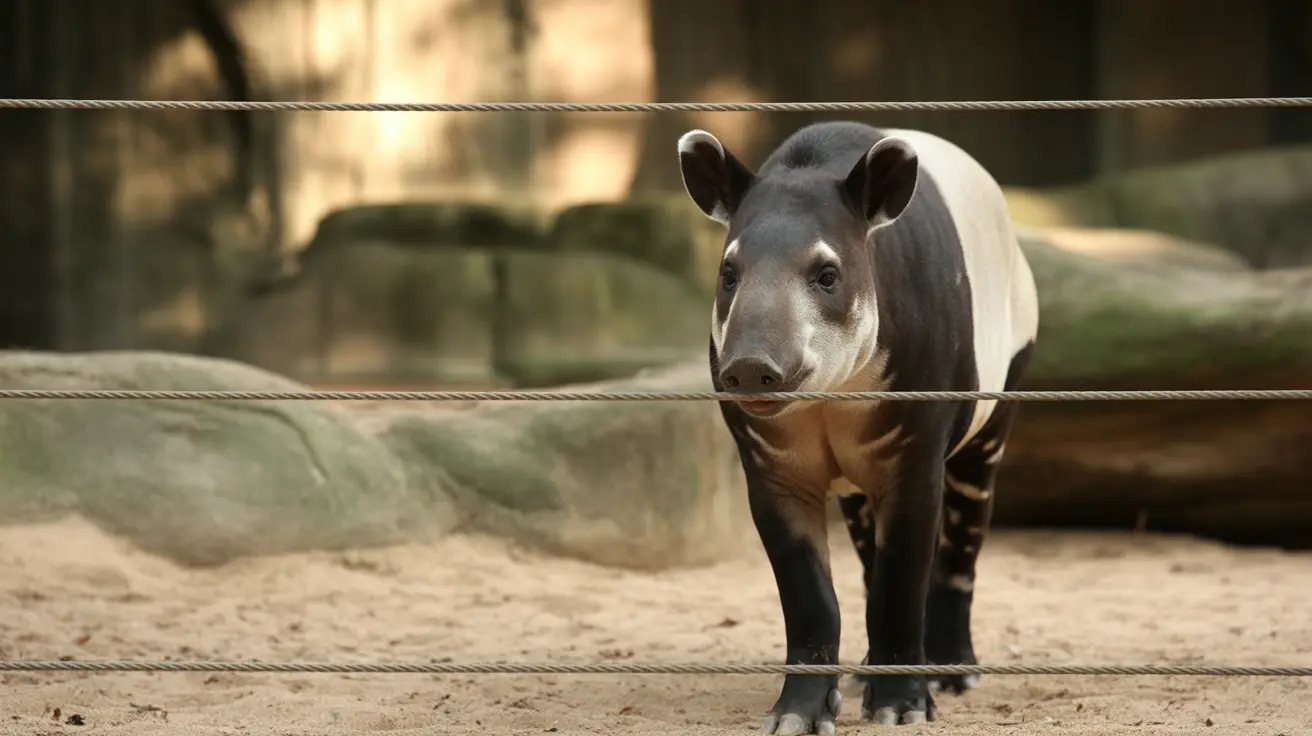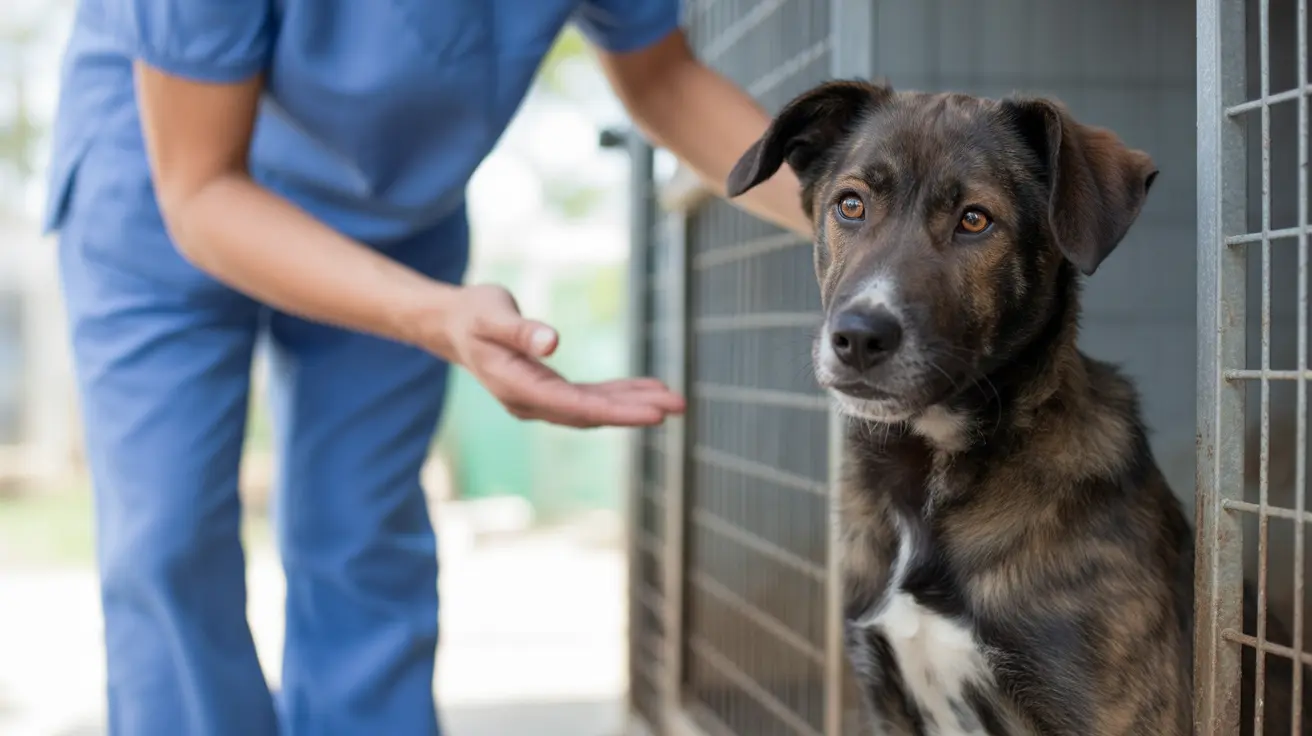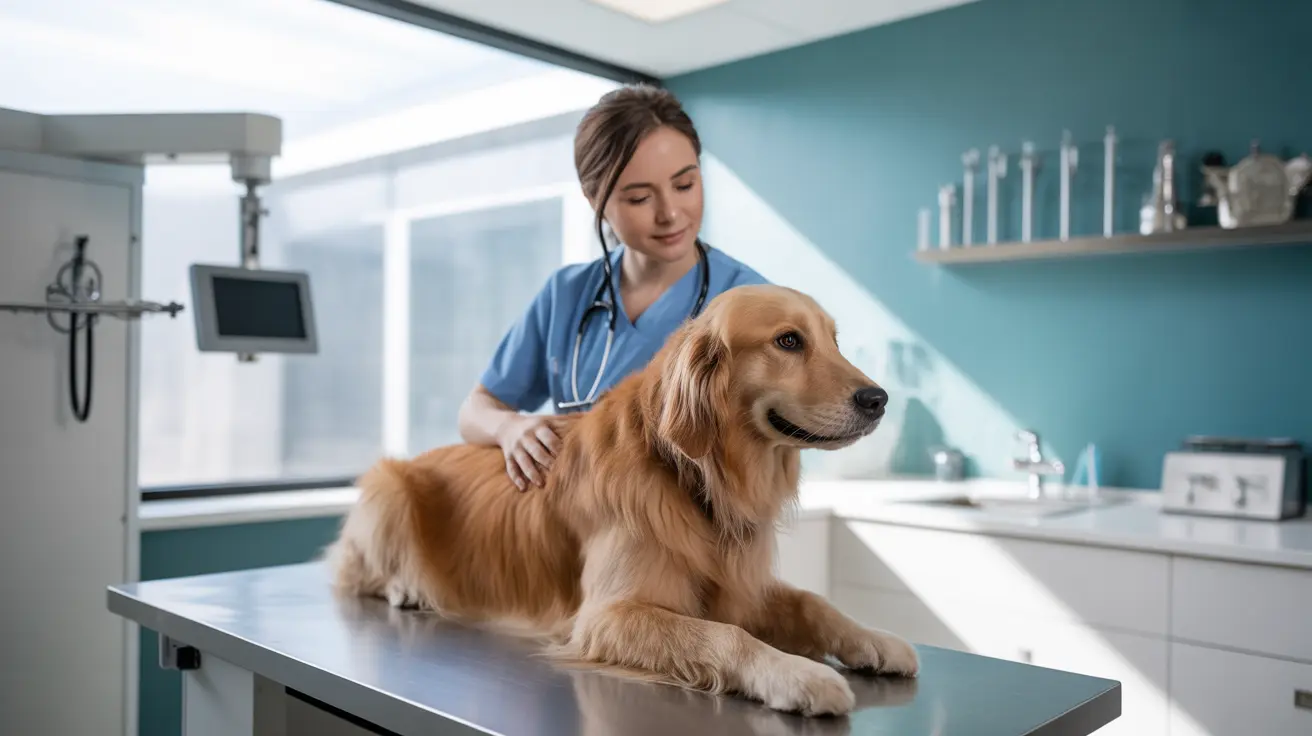How to Find Reputable Dog Breeders
Looking for a responsible dog breeder takes time, patience, and a bit of detective work. If you’re after a specific breed that’s not available at local shelters, your first steps should be reaching out to breed clubs, talking with veterinarians you trust, and checking out local dog shows. These places are goldmines for referrals and firsthand experiences.
Start With Trusted Sources
Don’t just rely on advertisements or flashy websites. Instead:
- Ask people who own healthy, well-adjusted dogs where they found their pets.
- Request recommendations from your veterinarian—they often know which breeders prioritize animal welfare.
- Avoid pet stores entirely; reputable breeders never supply puppies or kittens to them.
What Sets Responsible Breeders Apart?
Responsible breeders are deeply committed to their animals’ well-being. They don’t churn out litters for profit or novelty. Instead, they:
- Plan litters carefully and only have a few each year.
- Keep puppies until they’re at least 8 to 12 weeks old so the pups get proper social and mental development.
- Conduct health tests on breeding animals for genetic conditions relevant to the breed—always ask to see paperwork like OFA results or DNA tests. Verbal assurances aren’t enough.
The Kennel Visit: What Should You See?
A good breeder will invite you to visit their home or kennel. Expect the area to be clean and odor-free. The dogs should look healthy, well-fed, and comfortable around people. You’ll want to see the mother with her puppies—this gives you insight into both temperament and living conditions.
The breeder should eagerly provide information about the parents’ traits, pedigrees, and temperaments. Socialization is key: puppies need daily interaction with various people and should be raised in a household setting so they adapt easily to family life later on.
Transparency & Support Matter
A reputable breeder welcomes questions—they’ll talk openly about health issues in the breed, feeding routines, training tips, and more. Expect them to ask you questions too; they care about where their puppies end up. Don’t be surprised if there’s a contract involved (often including spay/neuter clauses or health guarantees) or if they require that you return the dog if you can’t keep it down the line.
Patience Pays Off
You might have to wait for a puppy—responsible breeders often have waiting lists since they don’t breed for constant availability. Be wary of anyone advertising always-available litters or focusing on rare colors or tiny sizes at the expense of health or breed standards.
The price tag doesn’t tell you much about quality; both ethical and unethical breeders may charge similar amounts. Focus instead on how the breeder operates—their openness, practices, and attitude tell you far more than cost alone.
Check References & Involvement
- Ask for references from previous buyers—good breeders are happy to connect you with satisfied families.
- Look for involvement in breed clubs or participation in dog shows; these signal dedication beyond just selling puppies.
- You should receive contracts plus all necessary records (vaccinations, microchip info) before taking your puppy home.
Red Flags: When To Walk Away
- If a breeder dodges your questions or refuses documentation—leave.
- If they want to ship a puppy without meeting you first—walk away.
- If someone seems eager just to make a quick sale—that’s not a good sign either.
Questions To Ask Breeders
- How long have you been breeding? How many litters do you produce per year?
- Are both parents health-tested for genetic conditions?
- Can I see health certificates?
- Where are the puppies raised? How are they socialized?
- At what age do puppies go home?
- Will there be a written contract? Will you take the puppy back if needed?
- May I speak with previous buyers?
- Are you active in any breed or kennel clubs?
If you follow these guidelines—and trust your instincts—you’ll boost your chances of finding a reputable breeder who provides not just a healthy puppy but also ongoing support throughout your pet’s life. Take your time; thorough research leads to better outcomes for both dogs and families.





